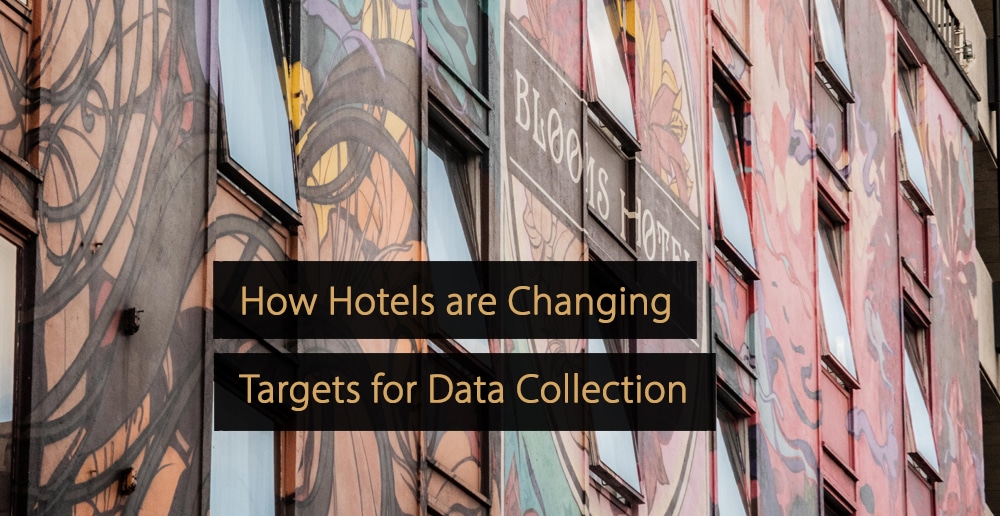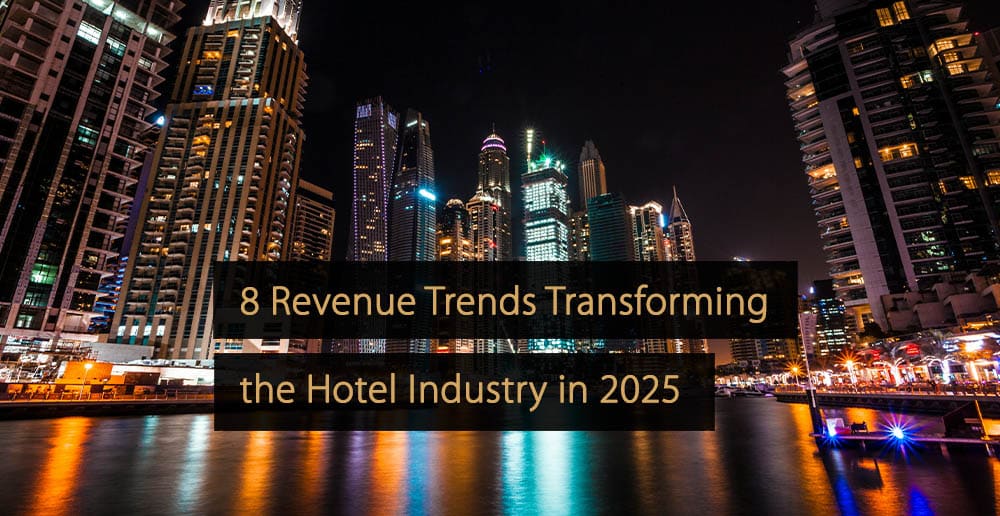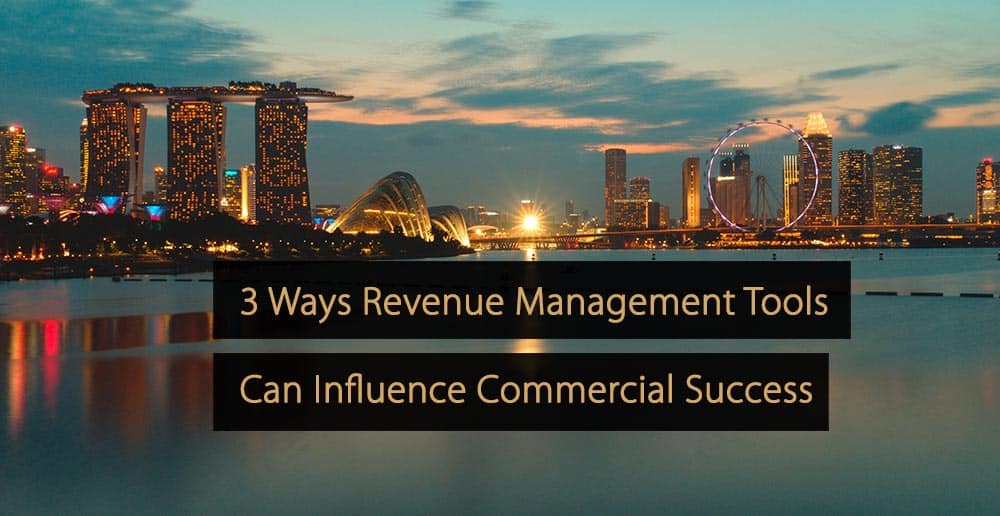Data is the blood life – or oxygen – for businesses, but only if one knows how to make sense of it. The sheer volume and scale of data available to hoteliers today are immense, and operators are finding new ways of turning the overwhelming deluge of information from a curse into a blessing.
The process involves rethinking their data collection targets to focus on the most valuable insights possible while cutting down on extraneous details that won’t benefit hotel performance.
Doing so requires a change in perspective that ultimately helps operators by allowing them to use revenue management technology first to gather, then create, the data insights they need in the new year.
You Cannot Act on Data; You Cannot Measure
Operators need to get their arms around the information they have and develop a process for separating valuable intel from the noise because hoteliers cannot act on data they cannot measure. Today, it’s more important to understand the potential value of an offering versus the actual reward provided to guests and how to close the gap between these two factors, increasing guest satisfaction. These insights are helping operators understand who their customers are, the costs associated with acquiring their business, and how to optimize the profit with these travelers in mind.
Data of this kind will help hoteliers differentiate between booking sources making them money and those who appear to do so. For example, while much of the industry remains fixated on reducing bookings from third parties such as online travel agencies (OTAs) due to their seemingly unfavorable commission structure, some travelers who use OTAs may represent a valuable portion your revenue. Underscoring these commissions could be guests who choose your premium rooms, book additional amenities or packages while on a property, or are primed to be turned into direct bookers thanks to a positive experience. Reaching this level of understanding is easier said than done.
Tell It to Me
If hotels are going to act on the data they collect, it must be delivered in a way that speaks the hoteliers’ language. Operators must be able to look at data insights and react in time to design impactful marketing campaigns that entice guests, which can then be distributed across the right distribution channels. Doing so at a high level will require revenue managers to become skilled data storytellers. They are the gatekeepers of all the necessary information hotels need to capitalize on data-driven insights.
For example, many markets are experiencing positive demand trends, but most of their bookings come at the last minute. Among them, London benefited from a massive pickup in hotel bookings just five days before arrival over the recent holidays. Looking at this data in isolation may indicate that hotels must assign the appropriate number of housekeepers to address many last-minute bookings. A preliminary staffing plan often leaves operators overwhelmed and guests unsatisfied, leading to a compounding issue creating more challenges for the property.
Revenue managers must be prepared to share accurate forecast information with the necessary departments in a manner that can be easily understood. Marketing must be informed of new trends and other developments at a granular level to make informed campaigns to entice the right guests to book rooms at the right time. This is the fastest way for revenue managers to become trusted advisors within their organization, but it is not their responsibility alone.
It takes a village to distribute and interpret data. Successfully doing so involves creating a shared data ecosystem that goes beyond marketing and sales, including operations and even maintenance.
Discerning True Value
Consumers have become more guarded with their data, but they are still willing to give hotels a glimpse at their preferences if they know they are getting something valuable in return. The choice is significant to consumers, and anything could be considered a practical choice for guests if a hotel is prepared to offer it. Hotels can provide guests free parking, a room away from the elevator, ocean views, and pre-arrival packages are potential upsell opportunities or perks. It will be essential to identify guests willing to pay for bonus perks versus filler guests who are unlikely to select any add-on options.
Many hotels offer guests free coffee or complimentary breakfasts, but have operators considered the quality of these experiences? If hotels offer free coffee, but it is beneath guests’ standards, travelers will not consider it a perk. Instead, suppose hoteliers provided a different experiential benefit, such as free confections from your property’s kitchen once daily. In that case, it could disregard additional purchases as guests buy coffee or tea to accompany their complimentary snacks.
Set Clear Goals
The first step for hoteliers looking to step up their data collection game is to set clear goals and assess their current capabilities as early in the process as possible. After two years of pandemic uncertainty, many properties across the industry require a technology upgrade.
Still, these hotels should not use their existing hurdles as an excuse to shrink away from working with data. Even legacy systems can draw on revenue-management strategies to drive value to guests, better understand their preferences, and deliver high-quality packages. Operators in this position are far from lost. They must start small and consider the areas where they can generate new value, test the results, and try again.
Free Guide: The Ultimate RM Buyer’s Guide
More Tips to Grow Your Business
Revfine.com is the leading knowledge platform for the hospitality and travel industry. Professionals use our insights, strategies, and actionable tips to get inspired, optimize revenue, innovate processes, and improve customer experience.Explore expert advice on management, marketing, revenue management, operations, software, and technology in our dedicated Hotel, Hospitality, and Travel & Tourism categories.








Leave A Comment